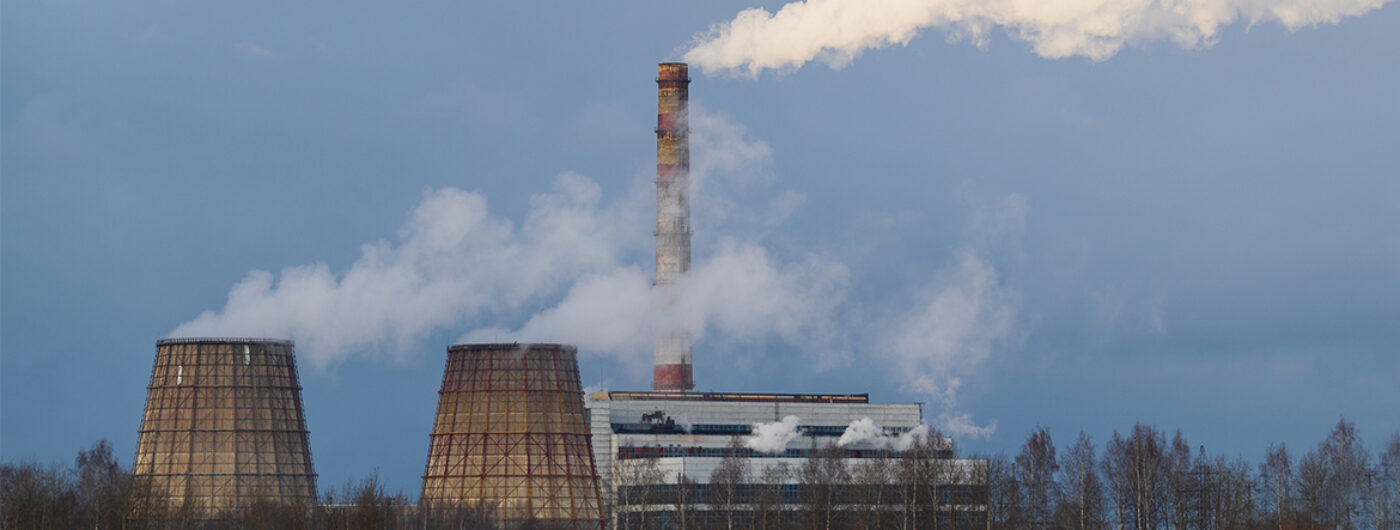
World Environment Day: Combating all sources of pollution in the Mediterranean
- Every year, around 7 million deaths are caused by outdoor and household air pollution, 1 million of those in the European and Eastern Mediterranean regions.[1]
- At the same time the Mediterranean region offers huge potential for sustainable and environmentally friendly development and different actors in the region actively support the transition to an inclusive, circular and green economy
- The Union for the Mediterranean (UfM) supports the implementation of regional agendas on environment, water, energy efficiency, low carbon energy sources (Gas) and renewable energies as well as blue economy with the objective of tackling all sources of pollution.
Barcelona, 5 June 2019. This year’s World Environment Day is dedicated to the theme of air pollution as one of the deadliest environmental threats worldwide. Every year, around 7 million deaths are caused by outdoor and household air pollution, 1 million of those in the European and Eastern Mediterranean regions.[2] In the Mediterranean, air pollution from ships alone causes up to 6,000 deaths per year[3], and some of the Mediterranean cities are among the worlds most polluted.[4]
In line with this year’s focus, it is important to recall that the Mediterranean region offers a huge potential for sustainable and environmentally friendly development and various key actors in the region actively support the transition to an inclusive, circular and green economy. Since pollution doesn’t stop at borders, the UfM promotes regional dialogue and cooperation, bringing together multiple stakeholders from the Northern and Southern shores, to implement the UfM Ministerial Declaration on Environment and Climate Change (Athens, 2014). To further step up and promote an integrated view that moves the Mediterranean region towards a sustainable and inclusive economy, countries are currently working towards a new Declaration. It is expected to give continuity to current activities, but also to reconcile the most urgent environmental issues with the economy and development, promoting an integrated approach and aligning its priorities and objectives to the Agenda 2030 and related SDGs, to the Rio Conventions (and related Post 2020 frameworks) and other key international and regional conventions and frameworks.
Miguel Garcia-Herraiz, UfM Deputy Secretary General for Water, Environment and Blue Economy said: “We need to build synergies and involve youth and civil society organisations in policymaking in order to tackle the region’s environmental challenges. Only through inclusive, collective and concerted efforts can we achieve a healthy and sustainable Euro-Mediterranean region, with ecosystems that are productive and biologically diverse, for the benefit of present and future generations.”
“Intergovernmental cooperation is of paramount importance, not only to reduce greenhouse gas emissions, but also to cope with the impact of climate change on water, agriculture, tourism, energy and transport. It is by taking a holistic approach to sustainable development issues that climate policies will be fully effective.”, added, Jorge Borrego, UfM Senior Deputy Secretary General for Energy and Climate Action
Some of the key UfM supported projects in the fight against pollution:
– The Integrated Programme for the protection of Lake Bizerte against pollution (Tunisia). The project is expected to benefit directly some 500 000 inhabitants and stimulate employment opportunities for young people. Connected to the Mediterranean Sea and located in close proximity to natural reserves on land and in the sea, this northern Tunisian lake has been widely accepted for over a decade to be a source of pollution of regional impact. The rehabilitation of the Lake of Bizerte includes a component to fight air pollution and is expected to stimulate economic growth as well as to contribute to the depollution of the Mediterranean.
– MedCoast4BG – Med Coasts for Blue Growth. The project aims to analyse and promote the co-evolution of human activities and natural systems in coastal areas particularly or potentially devoted to tourism, taking into consideration the overall principles of sustainable development, climate change effects, and governance tools. This is of paramount importance, since the Mediterranean is the world’s leading tourist destination, both in terms of international and domestic tourism[5]
– Plastic Busters: Studies indicate that by 2050 there could be more plastic than fish in the seas. The project tackles plastic waste through the monitoring and diagnose of its impact on the biodiversity of the Mediterranean marine protected areas. It also aims to define, test and implement prevention and mitigation actions as well as develop a Regional Plan on Marine Litter Management in the Mediterranean including recommendations for policymaking.
– Tafila Wind Farm: Located in the Tafila Governate (Jordan), the project will cover 3% of the national electricity demand and will create substantial jobs for qualified workers. As a private investment, Tafila has a high trans-boundary demonstrative effect on growing business opportunities in the region. The project aligns with regional dialogue principles as it will contribute to reducing the country’s high dependency on energy imports while developing renewable energy generation.
The World Environment Day is celebrated since 1974 to encourage worldwide awareness and action to protect our environment. https://www.worldenvironmentday.global Together we can #BeatAirPollution!
[1] https://www.who.int/airpollution/infographics/en/
[2] https://www.who.int/airpollution/infographics/en/
[3] https://www.newscientist.com/article/2191427-france-and-others-plan-to-tackle-air-pollution-in-mediterranean-sea/
[4] https://www.who.int/airpollution/infographics/en/
[5] “Sustainable development in the European Union” 2018 edition

